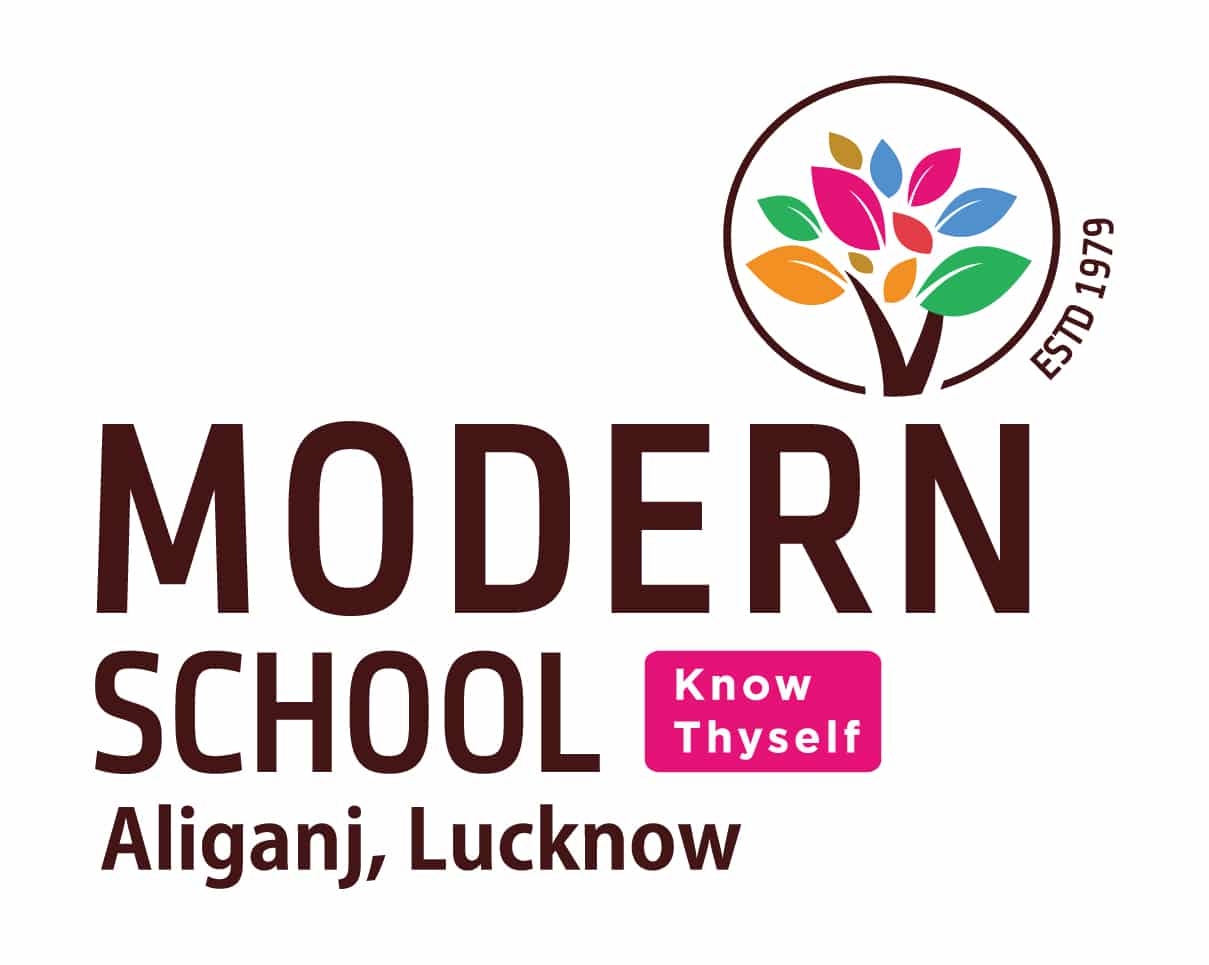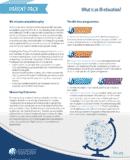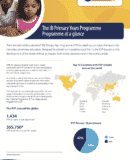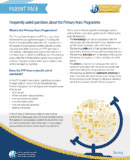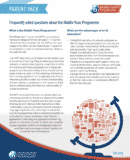The IB founded in 1968 at Geneva, Switzerland, is the world’s best school curriculum preparing children for the 21st century.
Only schools which maintain the highest of standards prescribed by IB, and are evaluated regularly, become IB World Schools. There are more than 5000 IB World Schools worldwide. that includes 130+ of the most renowned schools of India.
Modernite parents share why they love IB
Parents share why they chose Modern
IB students develop IB skills
IB students become confident
IB students become independent learners
No-stress learning environment
IB classrooms have individual attention
Videos & documents by the International Baccalaureate (IB) Organization
The IB Learner Profile
About the IB
The IB Primary Years Program (Grades Nur to 5)
The IB Middle Years Program (Grades 6 to 10)
Frequently asked questions
How is teaching and learning different in an IB PYP classroom?
With just 20 to 25 students per class, the teacher helps the students inquire & explore concepts in the real world with real purpose.
PYP believes in teaching through inquiry. This international curriculum emphasizes active construction of meaning so that students’ learning will be authentic and purposeful.
In a PYP classroom, the teacher is a facilitator who encourages students to think for themselves, inquire, observe, investigate and come to a conclusion.
Such a learning journey is more meaningful because students are responsible for their own learning and are also trained to develop the traits of true world citizens, though very rooted in Indian culture and ethos.
- In a PYP classroom the child’s curiosity and natural desire to inquire, explore and discover are nurtured
- Use of technology in the classroom Research and in-depth inquiry
- beyond textbooks
- Focus on conceptual understanding in local and global contexts and applications
- Emphasis on skills required for tomorrow
- Emphasis on culture of independent thinking, collaboration and re?ection
- Focus on ‘how to learn’ than ‘what to learn’
- International mindedness by imbibing the attributes of the PYP Learner Pro?le.
How are IB classrooms different?
The IB classrooms have a maximum of 25 students per class. They are equipped with smart class equipment, teaching aids, and inquiry sources.
Students frequently work in groups, do inquiry into real world issues, and make presentations.
Are the teachers prepared to impart such education?
At Modern, teachers go through 150+ hours of workshops, coaching, training, every year.
To prepare children with the right skills for the future and not just short term exams, classroom teaching methods have to change and focus on the inquiry cycle, differentiation, individual aention, and transdisciplinary learning.
To implement this, all teachers have to go through hours of basic and advanced training workshops conducted by IB trained trainers from various IB World Schools of India and South East Asia.
Also, the highly trained and experienced program coordinator is responsible for ongoing teacher development and training, based on regular supervision and monitoring of classroom processes quality.
How will the parents know their child’s progress?
All learning progress is shared with parents through student portfolios, parent-teacher meetings, three- way and student-led conferences, the exhibition & end of term reports.
In the IB PYP children do not compete with others. Instead they compete only with themselves, which is why Modern does not have a rank system. Each child is a unique individual and has different learning needs and abilities, which is gauged by the trained teacher, who gives individual tasks to enable each child to achieve his potential.
In the IB PYP, the school follows a variety of strategies and tools to assess conceptual understanding and learning skills, where the children are given clear
instructions about tasks and expectations. ere are primarily three types of assessments: (i) Formative ongoing assessments to get timely feedback to inform, improve and support the child’s learning. (ii) Summative assessments taken at the end of a unit to assess the level of achievement of learning outcomes. (iii) Self and peer assessment: To promote reflection and have a facilitative assessment of holistic learning
Assessments may take place in different forms like pencil paper tests, quizzes, presentations, projects, group tasks, experiments, etc. All of this makes all teaching and learning at Vidyatree Modern stress free and enjoyable, as every assessment is an interesting and enjoyable challenge in itself.
What will happen when my child has to one day give board exams?
PYP lays a strong foundation for all learning in middle and senior school.
The PYP method of teaching and learning is concept driven and students explore significant knowledge that is broad, balanced, relevant and connected with real world. e focus on developing learning and thinking skills, makes children independent lifelong learners, capable of tackling any challenge. is lays a very strong foundation for higher learning in middle and senior school.
